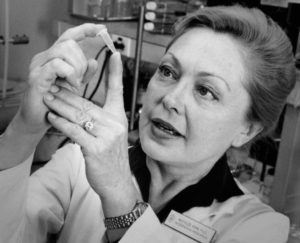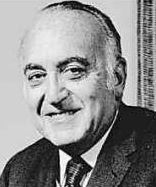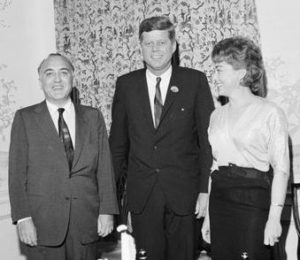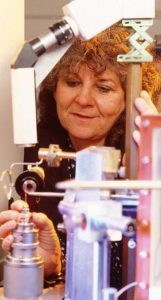“Godfather of THC”
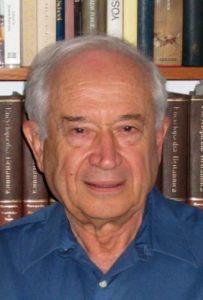
Raphael Mechoulam
Raphael Mechoulam (b. 1930) was born in Bulgaria to a wealthy Sephardic-Jewish family. The family was forced to flee the country due to rampant anti-Semitism, ultimately surviving the Holocaust and settling in Israel in 1949. During his IDF service, Mechoulam worked as a chemical engineer and helped to develop insecticides. Falling in love with scientific research, he continued to study chemistry after his military service, earned his Master’s from the Hebrew University, then his PhD from the Weizmann Institute. After studies at the Rockefeller Institute in New York, Mechoulam returned to Israel to teach at both of his former universities. His primary field of research is cannabis. In fact, it was Mechoulam who first discovered, isolated, and synthesized THC, the primary active ingredient in cannabis. He would later discover and synthesize other important cannabinoids (a term he coined). Mechoulam was one of the pioneers of medicinal cannabis, and has said that medicinal cannabis could probably replace “ten to twenty percent of all pharmaceuticals”. More recently, he discovered endocannabinoids—molecules similar to THC that are naturally produced by the body, playing a key role in immunity and in regulating human emotions. All in all, Mechoulam published over 350 scientific papers. In 2016, he received a lifetime achievement award at Harvard’s School of Medicine. He was also the subject of an eye-opening documentary called The Scientist. Now a nonagenarian, Mechoulam continues to do research at his Jerusalem lab.
Words of the Week
Jewish time sees us as travellers on the road to a destination not yet reached; wayfarers on a journey begun by our ancestors, to be continued by our children.

